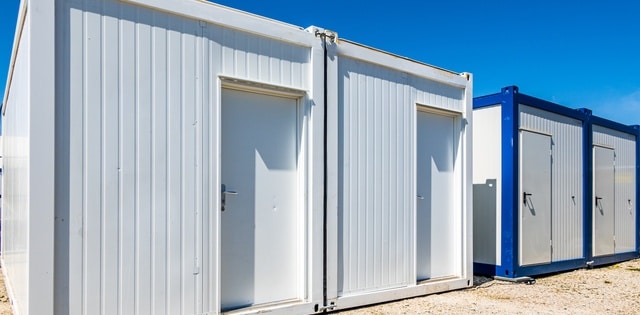4 Things to Know Before Expanding Your Truck Fleet


Expanding your truck fleet represents a significant milestone for any transportation or logistics business.
It signals growth, increased demand, and new opportunities on the horizon. However, successful fleet expansion requires careful planning and strategic decision-making to ensure your investment pays off.
Check out this list of critical things to know before expanding your truck fleet so you can successfully put your plan into motion ASAP.
#1 Evaluate Your Current Fleet Performance
Before adding new vehicles, take a comprehensive look at your existing operations.
Analyze your current fleet’s utilization rates, maintenance costs, and revenue generation. Review driver performance metrics, fuel efficiency data, and customer satisfaction scores to identify patterns and areas for improvement.
Document your current capacity limitations and peak demand periods.
This data will help you determine optimal timing for expansion and identify the specific types of vehicles or routes that need additional support. Understanding your operational baseline ensures new additions complement rather than complicate your existing system.
#2 Develop a Comprehensive Budget Strategy
Fleet expansion requires substantial upfront investment and ongoing operational costs.
Create detailed financial projections that account for vehicle purchase or lease costs, insurance premiums, maintenance expenses, fuel costs, and driver wages. Include less obvious expenses like permits, registration fees, and potential storage or parking costs.
Explore various financing options to determine the best fit for your situation.
Traditional bank loans, equipment financing, leasing programs, and alternative lending sources each offer different advantages depending on your credit profile, cash flow needs, and long-term business goals. There are even plenty of benefits of short-term trailer rentals for your business, including cost-effective fleet expansion.
#3 Choose the Right Vehicles for Your Needs
Vehicle selection should align closely with your specific operational requirements and customer demands. Consider factors like payload capacity, fuel efficiency, maintenance costs, driver comfort, and technological features when evaluating options.
Different manufacturers and models excel in different applications, so match your choices to your primary use cases.
Evaluate new versus used vehicle options based on your budget, expected utilization, and long-term plans. New vehicles offer warranties and the latest technology but require a higher upfront investment.
Quality used vehicles can provide excellent value but may have higher maintenance costs and shorter operational lifespans. There is a lot to know about enhancing your business with the perfect commercial vehicles, but you’re one major step closer to accomplishing that goal.
#4 Establish Sustainable Maintenance Programs
Preventive maintenance becomes increasingly critical as your fleet grows.
Develop standardized maintenance schedules, inspection procedures, and record-keeping systems that can scale with your operations. Consider whether to handle maintenance in-house, outsource to service providers, or use a combination approach.
This is an important thing to know before expanding your truck fleet because the bigger fleets get, the more productive they should be, and routine care helps make that happen.
Invest in fleet management technology that helps track vehicle performance, schedule maintenance, monitor fuel consumption, and identify potential issues. Modern telematics systems provide valuable data for optimizing routes, improving driver behavior, and reducing operational costs.
Expand Your Fleet Now
Remember that fleet expansion is a gradual process that requires ongoing adjustment and optimization. Start with conservative growth targets, monitor performance closely, and use data-driven insights to guide future decisions.
Building a solid foundation with your first expansion creates the framework for continued growth and long-term success.









